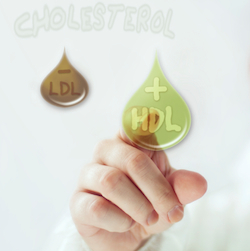Krill Oil Boosts Muscle Function and Size in Older Adults
Researchers know that omega-3 fatty acids play a critical role in healthy aging. Now a new study published in Clinical Nutrition reveals that krill oil — rich in EPA and DHA fatty acids — improves skeletal muscle function and size in seniors. “As humans age, we experience a slowRead










